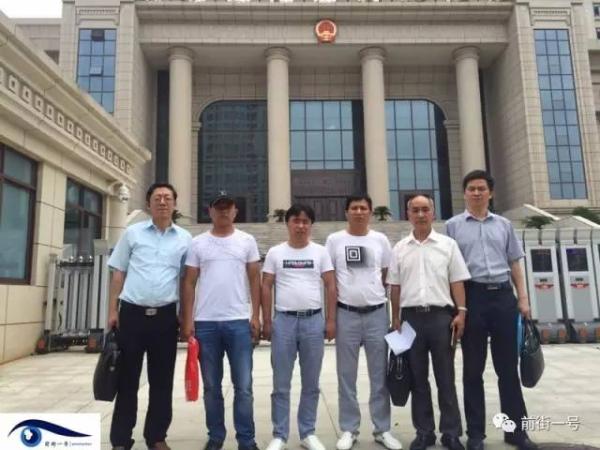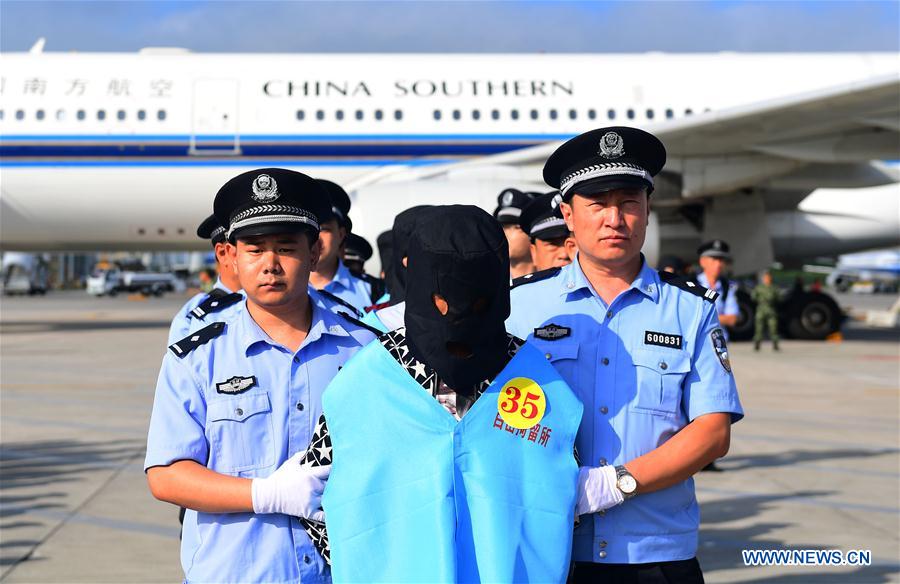CPC strives to build world’s strongest party
2017 is an eventful year for China, with several marquee activities on the political calendar, including the upcoming 19th National Congress of the Communist Party of China (CPC) and the 90th anniversary of the People’s Liberation Army early this week.
The world’s attention has once again shifted to China with the CPC as the center of that attention.
Tasked with leading the country to rejuvenation, the CPC also has its own mission: to be the strongest party in the world.
The mission is determined by China’s national conditions. The country’s vast population, unbalanced economy, and the pressure of its two centennial goals require the leadership of a stronger CPC.
The mission is also the CPC’s response to the international community. Under the CPC’s leadership and endeavors of the generations of Party members, China’s progress in social development has made the Party an example to all and the world looks forward to its contribution to global governance.
Over the years, the CPC has established an efficient organizational structure and strict party discipline, which helped it survive wars and revolutions and to continue to thrive after almost a century.
But the Party never rests on its laurels. The leadership has repeatedly warned that the biggest threat to the Party is corruption and the CPC must better serve the people and lead the second largest economy in the world.
Since the 18th CPC National Congress, an anti-corruption campaign has swept across the country, putting at least 240 senior officials under investigation.
The campaign has reinforced people’s confidence in the Party. In a survey conducted by Pew Research Center in 2016, 64 percent of the interviewees believed that corruption would lessen over the next five years.
Grassroots Party members and organizations are crucial to the strength of the Party. The CPC is setting up a better appraisal mechanism to allow more mobility within its organizational structure, so that any capable candidate from its 89 million members has a chance to shine.
Over the past year, the catchphrase of the Party has been “staying true to our founding mission”, which is to serve the people.
“We won’t have the support of the people if we cannot strive for the people’s benefit,” said Mao Zedong, the founder of the People’s Republic of China, in 1934.
“To meet the people’s desire for a happy life is our mission,” said Xi Jinping when meeting the press after being elected as general secretary of the CPC Central Committee in 2012.
Considering the achievements of China, the CPC is fulfilling its promise.
More than 700 million people have been lifted out of poverty since 1978. In the past more than four years alone, China has seen over 55 million reach a reasonable standard of living.
Under the leadership of the Party, China is sharing the benefits of its economic boom with the people.
Antaeus, the giant in Greek mythology, can absorb inexhaustible power from the earth. Similarly, as long as the CPC stays close to the people, it will never lose its vitality.
Throughout its history, the CPC has debunked and defanged so many prejudices and stereotypes. Now, as China finds itself at a critical point of its revival, the world is waiting to see how the CPC continues to impress.


![People in southwest China's Chongqing Municipality take a form of an People in southwest China's Chongqing Municipality take a form of an 'ice bucket challenge' to beat the heat at a waterpark in, July 25, 2017. Many districts of Chongqing fell under a red alert for high temperatures, with air temperatures rising above 40 degrees Celsius in certain areas. [Photo: Chinanews.com]](http://images.china.cn/attachement/jpg/site1007/20170805/001fd04cf03a1aefc05401.jpg)